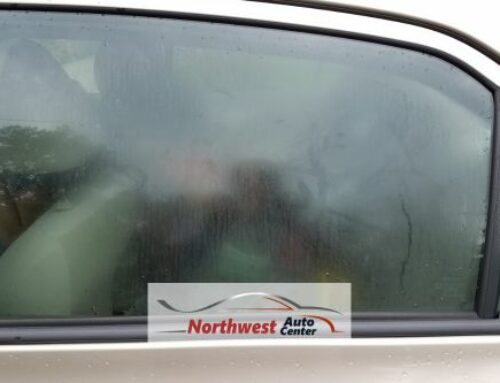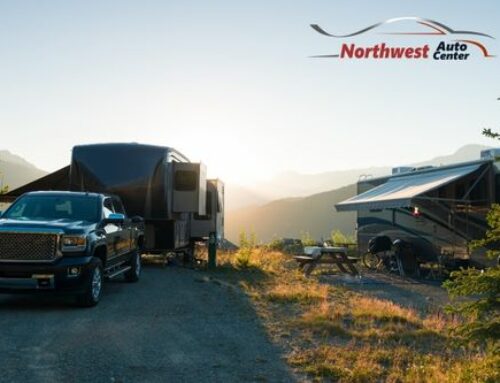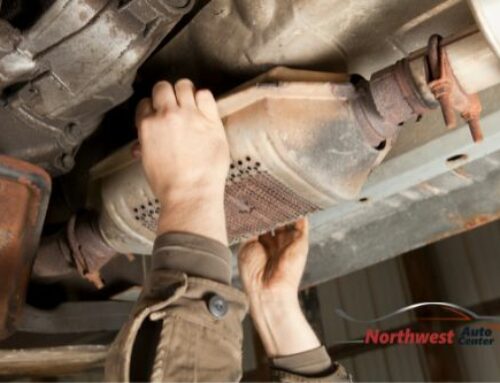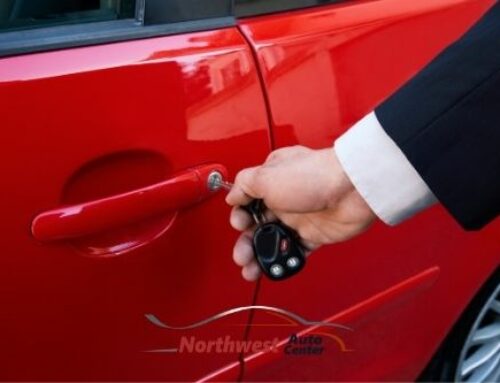With fuel prices continuing to rise, we all would like to save a little money on gas this winter. In very cold and snowy areas, winter can decrease your fuel efficiency — by up to 24% — because of the cold weather and less-than-optimal driving conditions.
Not all hope is lost, though. It’s still possible to increase your winter fuel efficiency to help offset the increase in gas prices and gas needed. It just takes a bit of change in habit.

Tips for Increasing Winter Fuel Efficiency
While changing your driving habits and vehicle maintenance schedule can feel like a lot of work, it’s worth the money you’ll save on gas this winter.
Store Your Car in a Warm Place
While you may like using your garage for storage purposes during the summer, it’s time to make room for your vehicle(s) during the cold months. Keeping your car inside when it’s cold means the engine has less work to warm up and therefore uses less gas.
Reduce Your Idle Times
Imagine you’re standing out in the cold. If you want to warm up, you will start moving around. That same theory applies to your car.
Instead of idling in the driveway or parking spot for an extended period of time, waiting for the engine to warm up, go ahead and start driving after a couple of minutes! While you shouldn’t floor it, driving at moderate speed helps your engine and vehicle warm up and helps your winter fuel efficiency.
Take Fewer Trips
Plan out all your errands and stops and do them all at once. Taking numerous small trips means you’re wasting gas (and your time). Plus, if you’re taking short trips in the cold, it doesn’t allow the engine to come up to operating temperature.
Check Your Tire Pressure
Tire pressure significantly affects your gas mileage, whether it’s winter or summer. And with the changing of the weather affecting your tire pressure, it can be a bit of a vicious cycle.
Luckily, many gas stations have free tire pressure gauges and free or cheap air pumps. If you notice your tires looking a bit flat, it’s time to visit one of these spots (or you could find yourself at the gas station more frequently anyway).
Check Your Oil Type
We’ve gone over the benefits of synthetic over conventional oil before, but we have another item to add to the list! When driving in colder temperatures, check your vehicle’s oil type as synthetic oil performs better in the winter months (especially those with low 0W ratings).
Improve Your Gas Mileage this Winter with Proper Vehicle Maintenance
Driving tips and habits will only get you so far with increasing your winter fuel efficiency. What helps your car’s performance is proper maintenance. If your vehicle is in poor condition or needs a service, it doesn’t run efficiently, impacting your gas mileage.






Leave A Comment
You must be logged in to post a comment.